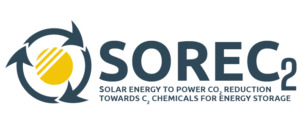SOREC2 at the 8th CCUS & Alternative Fuels Cluster meeting
The European Commission’s Climate Action, Environment, Biodiversity, and Energy Executive Agency (CINEA) organized the 8th edition of the Carbon Capture, Utilization and Storage (CCUS) & Alternative Fuels Cluster meeting on September 20th 2023. The event brought together the representatives of European funded projects and policymakers working in the area of CCUS and alternative fuels. The one-day meeting provided a unique interactive forum for participants to discuss the challenges and opportunities of these technologies in achieving climate neutrality.
SOREC2 at CINEA’s CCUS and Alternative Fuels Event
SOREC2 was one of the 31 projects that attended the meeting. Dr. Guillermo Gerling, project manager at ICFO’s Knowledge and Technology Transfer Unit (KTT) and partner of the SOREC2 project team, participated in the event that was hosted at CINEA headquarters in Brussels. The Deputy Head of Unit Horizon Europe Energy from CINEA, Peter Petrov, welcomed the participants, and Laura Gomez Lozano, Head of Sector Bioenergy, Fuels and CCUS from CINEA, introduced the event.

During the first part of the meeting, three panels presented an overview of some of the current European policies and actions in the fields of CCUS and alternative fuels technology. Guillermo represented SOREC2 during this first panel discussion by sharing how the project can contribute to existing European policies on decarbonization and energy transition.
In the afternoon, during the poster session where some of the projects where showcased, the attendees had the opportunity to exchange views and establish contacts enabling future potential collaborations. This session was followed by a more targeted panel discussion with other projects of similar scope, performing R&D on so-called “artificial photosynthesis” technologies such as SOREC2 does (this is, directly converting CO2, light and water into C2 added value products).
“This meeting has been a great opportunity to get to know other European projects that are trying to tackle similar problems with a wide range of approaches. The meeting clearly demonstrated that sharing experiences, barriers, and solutions can help researchers and companies save time and resources, thus significantly shortening the innovation cycle. Also, it was very useful to provide feedback to the European Commission and policy makers”, said Guillermo Gerling.

CINEA Promotes Collaboration and Focus Areas in CCUS and Alternative Fuels Projects
Cooperation among projects plays a pivotal role in maximizing the impact and optimizing the outcomes of EU funding initiatives. Consequently, the European Climate, Infrastructure, and Environment Executive Agency (CINEA) actively promotes and supports collaborative efforts and synergies among EU-funded projects through clustering activities.
In addition to the September workshop, which serves as the primary annual cluster event, we hold regular follow-up meetings with project coordinators. These meetings provide a platform for informal discussions on cluster-related topics, such as integrating new projects and receiving updates on priority areas. Thanks to this follow-up meetings, for example, the cluster has pinpointed three key focus areas in which the projects of the CCUS and alternative fuels sector should dedicate some of their efforts: Enhancing Public Perception and Business Models, Life Cycle Assessment (LCA) and Communication and Dissemination.
CCUS and alternative fuels are essential technologies for reducing greenhouse gas emissions and transitioning to a clean energy economy. CCUS technologies capture carbon dioxide from industrial processes and power generation, and then either store it underground or use it to produce other products, as in the SOREC2’s approach. These types of alternative fuels can help to reduce the present reliance on fossil fuels. CCUS and alternative fuels will play a key role in Europe’s efforts towards decarbonization and achieving the 2050 energy and climate targets.





